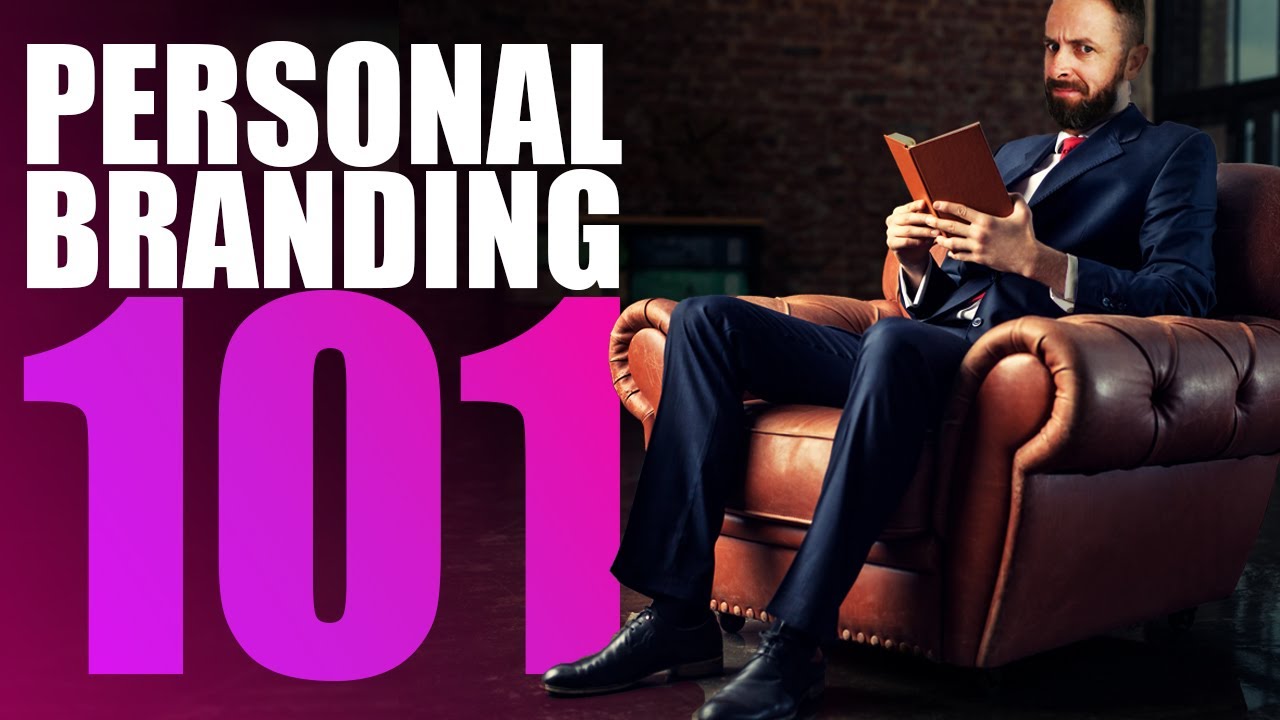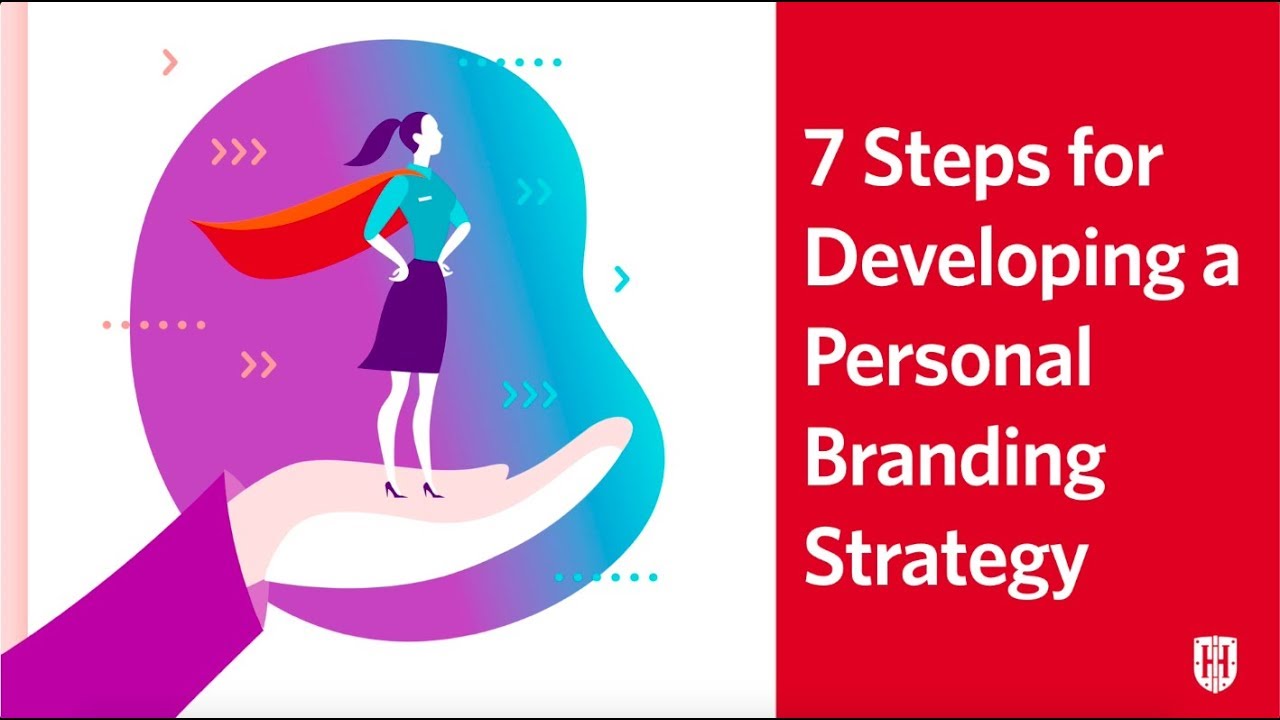In the world of B2B marketing, building a strong personal brand can make a significant difference in your success. As a professional, you represent both yourself and your company, and your personal brand can help establish credibility, build relationships, and ultimately drive revenue. In this article, we will discuss some tips on how tobuild your personal brand in B2B.
What Is A Personal Brand In B2B?
A personal brand in B2B refers to the process of creating a professional reputation and identity for oneself in the context of business-to-businessmarketing. It involves establishing your expertise, values, and personality in a way that reflects positively on your company and helps you stand out in your industry. By building a strong personal brand, you can establish credibility, build relationships, and ultimately drive revenue for your company.
What Is The Importance Of Personal Brand In B2B?

How important is personal brand in B2B
Personal brandingis crucial in B2B marketing as it helps professionals establish themselves as industry experts and build relationships with potential clients. A strong personal brand can also help establish credibility and trust, which is essential in building long-term business relationships.
Additionally, in a competitive B2B market, a strong personal brand can help professionals stand out from their competitors and differentiate themselves in their industry. Ultimately, a strong personal brand can lead to increased revenue for the company, as clients are more likely to do business with people they know, like, and trust.
What Are The Opportunities For Using A Personal Brand?
Using a personal brand can provide several opportunities in the B2B context, including:
- Building credibility: By establishing a strong personal brand, you can build credibility and establish yourself as an expert in your field.
- Attracting new clients: A strong personal brand can help attract new clients by showcasing your expertise, values, and personality, and making you more relatable to potential clients.
- Differentiating yourself: In a crowded B2B market, a strong personal brand can help differentiate you from your competitors and establish yourself as a unique and valuable resource.
- Creating new business opportunities: A strong personal brand can open up new business opportunities, such as speaking engagements, collaborations, and partnerships.
- Increasing revenue: By attracting new clients, differentiating yourself, and creating new business opportunities, a strong personal brand can ultimately lead to increased revenue for your company.
Building Your Personal Brand In B2B

Personal Branding 101 [Build Your Personal Brand In 2023]
In the world of business-to-business (B2B) marketing, building a strong personal brand can be a powerful tool for success. As a professional, you are not only representing your company but also representing yourself, and a strong personal brand can help you establish credibility, build relationships, and ultimately drive revenue. Here are some tips on how to build your personal brand in B2B:
Define Your Personal Brand
Before you can start building your personal brand, you need to define what it is. Your personal brand should reflect your values, expertise, and personality. Ask yourself, what do you want to be known for? What are your unique strengths? What makes you stand out in your industry?
Be Active On Social Media
Social mediais a powerful tool for building your personal brand. Platforms like LinkedIn, Twitter, and Instagram provide opportunities to connect with industry professionals, share your expertise, and engage with your audience. Make sure to regularly post contentthat is relevant to your industry and showcases your expertise.
Establish Yourself As An Expert
Establishing yourself as an expert in your field is a key component of building a strong personal brand. Look for opportunities to speak at industry conferences, write guest blog posts, or participate in webinars. By sharing your expertise with others, you can establish credibility and build relationships with potential clients.
Build Relationships
Building strong relationships with industry professionals is crucial for success in B2Bs. Attend industry events, connect with people on social media, and reach out to potential clients. Building relationships takes time, but it can ultimately lead to new business opportunities.
Be Consistent
Consistency is key when it comes to building your personal brand. Make sure that your messaging is consistent across all of your marketing channels. Your personal brand should be reflected in everything you do, from your social media profiles to your email signature.
How Can I Improve My Personal Brand?
Here are some tips for improving your personal brand in B2B:
- Define your personal brand: Start by defining what sets you apart from others in your industry. Identify the values, expertise, and personality traits that you want to convey to your audience.
- Be active on social media: Use social media platforms to share your insights, connect with others in your industry, and showcase your expertise.
- Establish yourself as an expert: Write blog posts, contribute to industry publications, and speak at industry events to establish yourself as an authority in your field.
- Build relationships: Networking is key to building your personal brand. Attend industry events, connect with people on social media, and build relationships with potential clients and partners.
- Be consistent: Consistency is key in building a personal brand. Make sure your messaging, tone, and visual brandingare consistent across all channels.
Remember, building a personal brand takes time and effort. It requires consistent effort, dedication, and a willingness to share your knowledge and expertise with others in your industry.
Develop A Personal Branding Strategy

7 Steps for Developing a Personal Branding Strategy
Here are some steps to develop a personal branding strategy in the context of B2B:
- Define your personal brand: Start by identifying the values, expertise, and personality traits that you want to convey to your audience. This will help you develop a consistent brand identity that reflects who you are and what you stand for.
- Identify your target audience: Determine who your target audience is and what their needs are. This will help you tailor your messaging and content to resonate with them.
- Develop your online presence: Create a professional website or LinkedIn profile that showcases your skills and experience. Use social media platforms to share your insights, connect with others in your industry, and showcase your expertise.
- Create content: Develop a content strategythat aligns with your personal brand and target audience. This may include blog posts, videos, or social media content.
- Engage with your audience: Respond to comments and messages, participate in online conversations, and build relationships with your audience.
- Establish yourself as an expert: Write blog posts, contribute to industry publications, and speak at industry events to establish yourself as an authority in your field.
- Monitor your results: Track your progress and adjust your strategy as needed based on what is resonating with your audience and driving results.
Remember, developing a personal branding strategy takes time and effort. It requires consistent effort, dedication, and a willingness to share your knowledge and expertise with others in your industry.
The Future Of Personal Branding In B2B
The future of personal branding in B2B looks promising, as businesses continue to recognize the value of building strong personal brands for their employees. Here are a few potential trends to look out for:
- Increased focus on authenticity: As consumers become more discerning about who they choose to do business with, personal brands that prioritize authenticity and transparency are likely to gain traction.
- Video content: With the rise of video platforms like TikTok and YouTube, video content is becoming an increasingly popular way to build personal brands in B2B. This may include live streaming, webinars, or short-form video content.
- Artificial Intelligence (AI): AI is likely to play an increasingly important role in personal branding, helping to automate tasks like content creation, social media scheduling, and analytics tracking.
- Personalization: As businesses continue to prioritize personalized customer experiences, personal branding may become more tailored to specific niches and customer segments.
- Increased focus on employee advocacy: As businesses recognize the value of their employees' personal brands, employee advocacy programs may become more common. These programs encourage employees to share company content on their personal social media channels, amplifying the company's message and helping to build their own personal brand in the process.
People Also Ask
What Is Personal Branding In B2B?
Personal branding in B2B refers to the process of establishing a professional reputation and identity for oneself in the context of business-to-business marketing.
What Are Some Examples Of Successful Personal Brands In B2B?
Some examples of successful personal brands in B2B include Elon Musk, Richard Branson, and Jeff Bezos.
Can Personal Branding Help Me Stand Out In A Crowded B2B Market?
Personal branding can help you stand out in a crowded B2B market by establishing your unique strengths and expertise and building strong relationships with potential clients.
Conclusion
In today's competitive B2B market, building a strong personal brand in B2B can be a powerful tool for success. By defining your personal brand, being active on social media, establishing yourself as an expert, building relationships, and being consistent, you can stand out in your industry and drive revenue for your company. Remember, your personal brand is a reflection of your values, expertise, and personality, and by investing in it, you invest in your own success.
